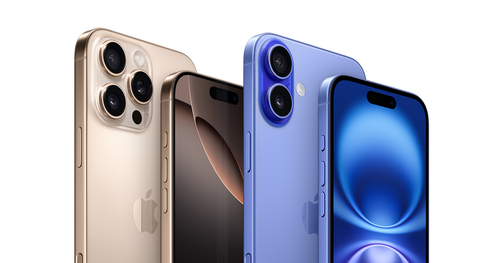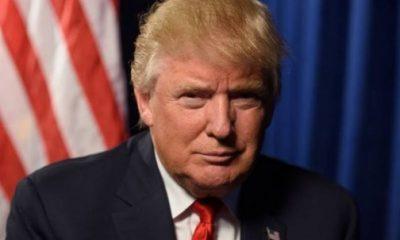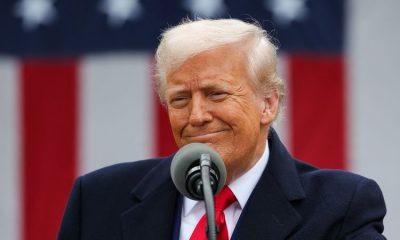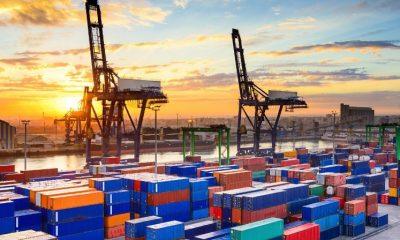Business
Could iPhones Soon Be Cheaper in South Africa Than in the US? Trump’s Tariff Shock Explained

In an unexpected twist of global economics, South African consumers may soon enjoy cheaper iPhones than Americans. This comes in the wake of US President Donald Trump’s new tariff regime, which has sent shockwaves through global markets and prompted warnings of a looming recession.
The new tariffs, which include a massive 54% duty on imports from China into the US, are intended to correct trade imbalances. But they may end up hurting American consumers and companies like Apple the most.
Why US iPhone Prices Could Soar
According to Olebogeng Ramatlhodi, indirect tax leader for Africa at Deloitte, a $1,000 iPhone imported into the US from Asia could now cost about $1,650 after duties and freight—not even factoring in state sales tax.
“Such a large increase in the landed cost is rarely something importers can absorb,” Ramatlhodi said. “It almost always gets passed directly to the consumer.”
That means US shoppers could soon pay significantly more for devices like the iPhone, even though the company is based in California.
What About South Africa?
In contrast, South African import duties on smartphones remain lower, which means the final retail price increase here is likely to be far smaller. While the weakening rand adds some pressure, it may not be enough to outpace the hefty tariffs now facing American buyers.
“The price increase in the US market could flip the global pricing model,” Ramatlhodi noted. “iPhones might genuinely end up cheaper in Johannesburg than in New York.”
Will Apple Eat the Cost – or Lose Customers?
Venter Labuschagne, a customs and excise expert at KPMG, pointed out that Apple might be forced to absorb some of these costs itself—especially in the US, where consumer loyalty is strong but not unlimited.
“If Apple increases prices too much, customers could switch to more affordable Android brands like Samsung,” he said. “Apple might risk losing market share in its most important market.”
Trump’s Tariff Gamble Could Backfire
Trump’s strategy is based on the idea that higher tariffs will force companies to manufacture locally, boosting US job creation. But experts say it’s not that simple.
“It takes years to build a factory, and there’s no guarantee tariffs will still be in place by the time those factories are ready,” Labuschagne warned. “Plus, those factories will still charge high prices—they know US consumers can pay them.”
Worse, modern manufacturing relies heavily on automation, meaning few real jobs may be created. “The kinds of jobs that may emerge won’t fit the US economy’s service-led model,” he added.
What This Means for SA Consumers
For South Africans, this shift in global pricing dynamics might finally bring a rare tech advantage. While local consumers often pay more for gadgets due to import duties and a volatile currency, this time the tables may be turning—all thanks to America’s own trade policies.
Of course, exchange rates, shipping, and global inflation will still play a role. But for now, your next iPhone might actually be cheaper in Joburg than in Los Angeles.
{Source Tech Central}
Follow Joburg ETC on Facebook, Twitter , TikTok and Instagram
For more News in Johannesburg, visit joburgetc.com



























